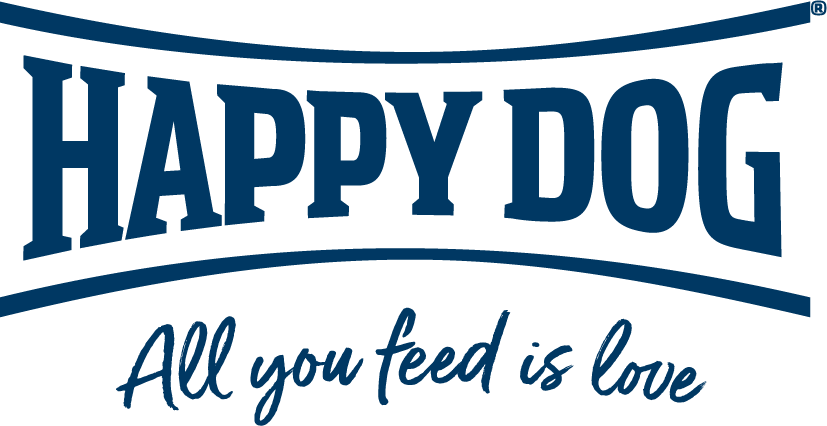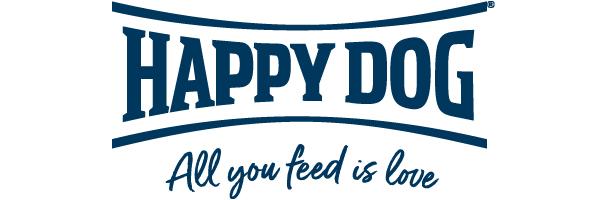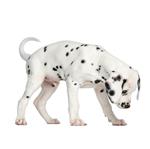Choosing Your Puppy’s Food
Bringing your new puppy home for the first time is very exciting. He’s finally yours to care for and naturally you’ll want the very best for him; this starts with his nutrition. It’s important that the food you choose for your puppy has high-quality, natural ingredient, is balanced correctly for his growth rate and development and is free from any toxins – young puppies are especially sensitive to low-quality, artificial ingredients.Introducing Your Puppy to Kibble
When first introducing your puppy to kibble, it’s advisable to soak them in lukewarm water for the first couple of months. Once the puppies get older, some dry kibbles can be mixed into the soaked ones. Finally, the kibbles can be fed dry, although for sensitive puppies, it can be better to feed them soaked all the times to put less pressure on their digestive system.Switching Your Puppy’s Food
Once you have chosen a suitable natural, high-quality food for your puppy, it’s essential to introduce it very gradually over a period of two weeks. Mix the new food with the old food, ideally 5-10% at a time, and reduce the amount of old food accordingly.How much should I feed my puppy?
Puppies should be fed several times a day with small feeding amounts to lower the impact on their digestive system whilst they develop. Here’s a rough guide:- Up to the age of 4 months: 4 meals/day
- Up to the age of 6 months: 3 meals/day
- After the age of 6 months: 2 meals/day
Happy Dog has a variety of complete diets, expertly balanced to suit the needs of your puppy (Happy Dog Baby Range). By feeding Happy Dog you’re not only ensuring you meet your puppy’s needs through natural, high-quality balanced ingredients, but due to its high digestibility (90%), you will have less waste and less ‘poop to scoop’.
Our recommendations:
For small breeds: Mini Baby & Junior
For medium & large breeds: Baby Lamb & Rice
For Giant Breeds: Giant Baby Lamb & Rice
What should my puppy avoid?
Some foods must not be within the reach of the puppy because they are intolerable or even poisonous for them. These include chocolate, raisins, raw pork, grapes, raw legumes and onions, among others. Also, keep your puppy from chewing on houseplants. The poisonous representatives include cyclamen, amaryllis, primrose, beautiful lily, knight's star and Christ thorn.







